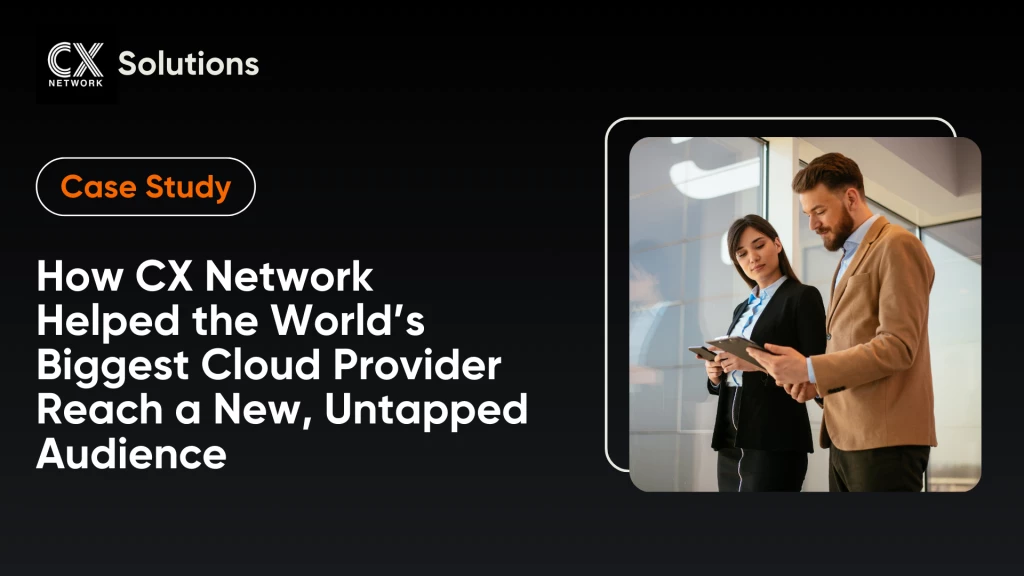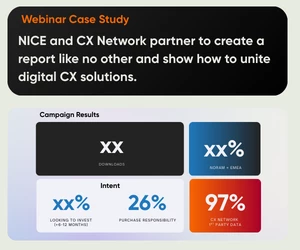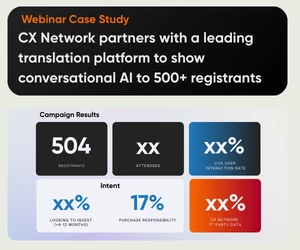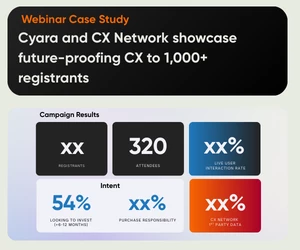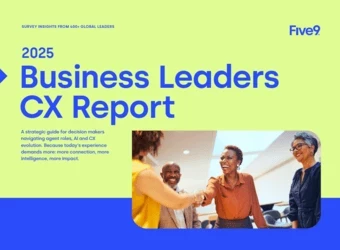Trump undoes consumer protections
The Trump administration dismantled a consumer protection bureau to ensure deregulation for businesses
Add bookmark
Consumer protections are, in many ways, the foundation for positive customer experience. Having regulations, rules and best practices for maintaining legitimate businesses that do not scam, trick or steal makes it possible to build trust and then customer loyalty. In the wake of the election of Donald J. Trump, American consumer protections have been under fire. And the saga continues.
CX Network reported on the decision by Trump and Elon Musk, the billionaire who had been running the Department of Government Efficiency (DOGE) until recently, to dismantle the Consumer Financial Protection Board (CFPB). In the end, they could not completely wipe out the organization. Instead, they left a skeleton of what it once was and began dropping lawsuits that had already been launched on behalf of consumers. Staffers who had been laid off or fired reported that much of the work they were doing had stopped.
Now, American consumers are beginning to see the consequences up close.
Buy now, pay later consumer protections end
During the administration of President Joe Biden, the CFPB treated buy now, pay later (BNPL) programs like credit cards to ensure stricter regulations and guidance. Last year, the Financial Technology Association, representing a number of BNPL firms, had already sued the CFPB to block the rule. Fintech lenders took issue with the more stringent rules they had to follow, including standardized disclosures, refund processing and formal dispute investigations, according to CNBC. The argument against the rule in the first place, however, was that the bureau had bypassed traditional rulemaking processes and was unfair.
"Requiring BNPL providers to comply with rules designed for open-end credit cards creates compliance challenges and confusing outcomes for consumers,” wrote Affirm in a formal comment letter, according to CNBC.
In the last week, the CFPB announced it would no longer prioritize enforcement of this rule, and some are anticipating that it will be dropped all together. However, BNPL brings with it a number of risks, including overspending, potential for late fees and negative impacts on credit score.
"These risks are amplified by the lack of comprehensive regulation and consumer protections compared to traditional credit card companies," according to Google Search Labs AI Overview.
Recently, Bankrate's BPNL survey showed that nearly half of users reported a problem with this program:
- 24 percent said they have overspent using BNPL
- 16 percent reported missing a payment
- 15 percent regretted a purchase
- 14 percent had trouble with a return or refund
High fees from retail credit cards are here to stay
Retail credit cards are those issued by a third party for brands like Amazon and Macy's. Last year, the CFPB announced a regulation to limit what Americans would pay in credit late fees. In fact, former CFPB Director Rohit Chopra estimated that Americans would save $10 billion as a result of this regulation.
Those in the retail credit card industry felt it threatened a key revenue source. As a result, they responded by increasing interest rates. Retail cards hit a 30.5 percent interest rate, which was a record high. The courts agreed with bank trade groups and killed the rule. But the high rates remain and now the CFPB is not at maximum capacity to fight it.
"We feel pretty comfortable that the rule has been vacated," said Synchrony CEO Brian Doubles, according to CNBC. "With that said, we don't currently have plans to roll anything back in terms of the changes that we made."
Those interested in consumer protection feel strongly that these retail credit cards can be dangerous for some consumers and could result in poor CX.
"They do not understand the terms, and there are a lot of promotional offers that may have deferred interest clauses that are in there,” financial coach Alaina Fingal said, according to CNBC. “It’s extremely predatory."
In the meantime, the National Law Review recently reported that the CFPB is clawing back many regulations. For starters, it revoked some rules and deprioritized enforcement of others while discontinuing the practice of "regulation through guidance."
"Importantly, the CFPB directive last week seeks more than just a prohibition of future guidance that 'purport[s] to create rights or obligations binding on persons or entities outside the Bureau.' The CFPB is also reportedly committed to 'rescind[ing] all 'guidance' that has unlawfully regulated private parties in the past,'" according to the National Law Review. "As the agency’s comprehensive internal review concludes in the coming weeks, the CFPB is expected to ultimately renounce significant existing guidance—from advisory opinions to blog posts—that contravene the APA and the Bureau’s constitutional authority for regulatory rulemaking."
Quick links:
- JetBlue Airways, Delta and Southwest Airlines are tops for CX in travel
- Apple slammed for consumer protection violation
- Trump versus consumer protection














